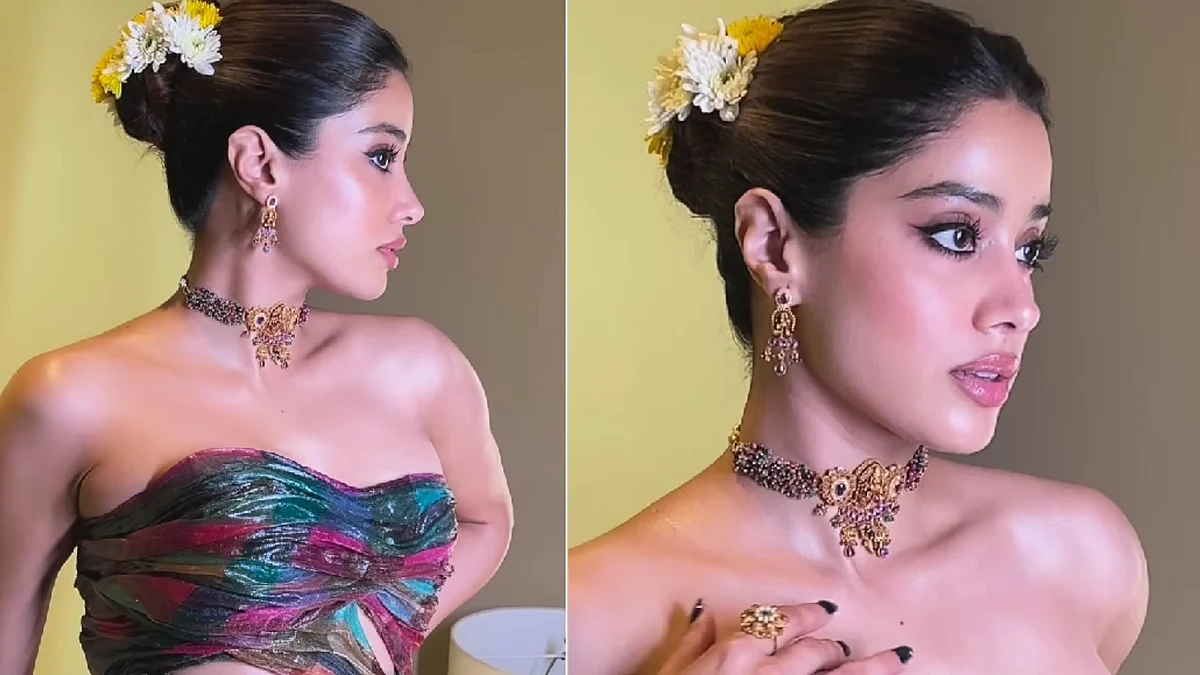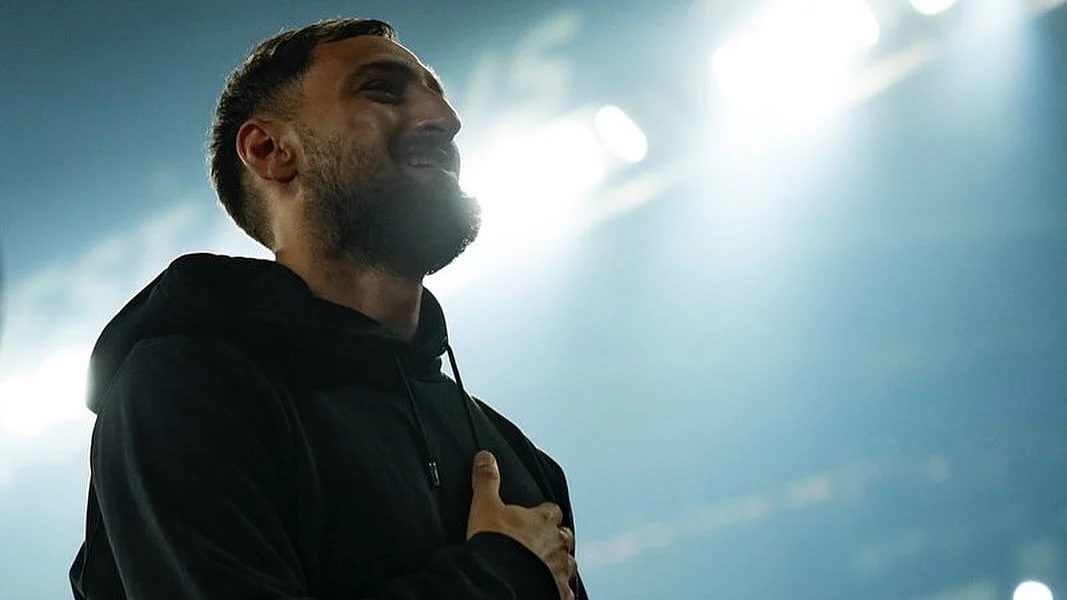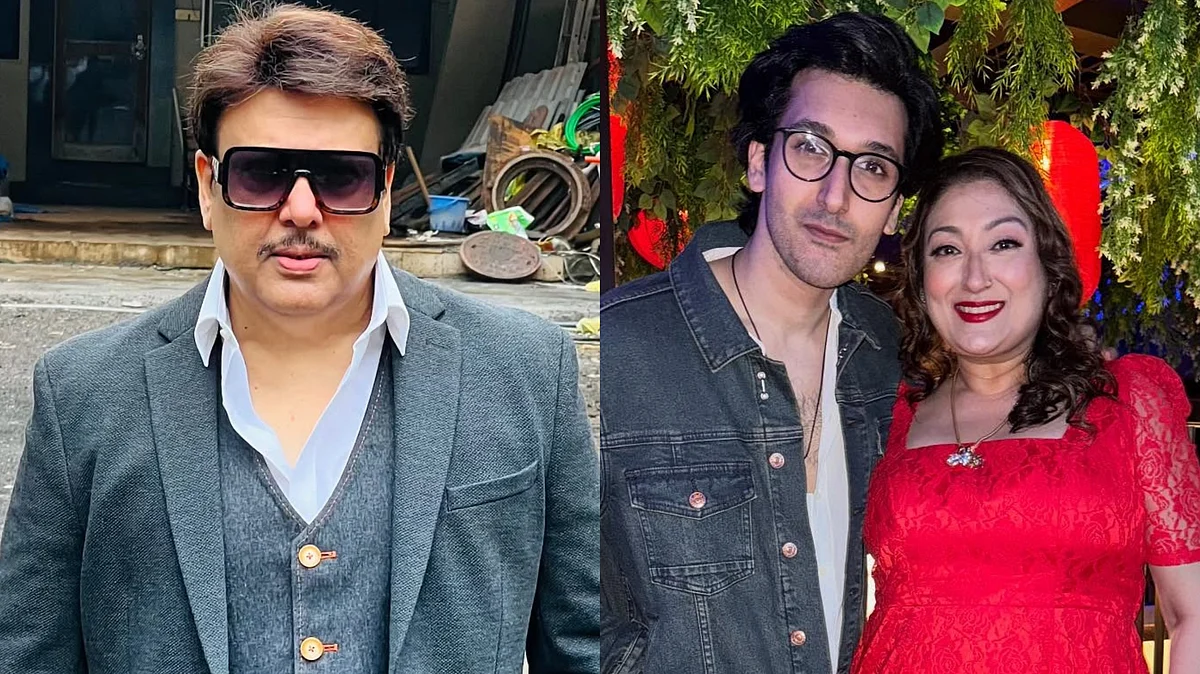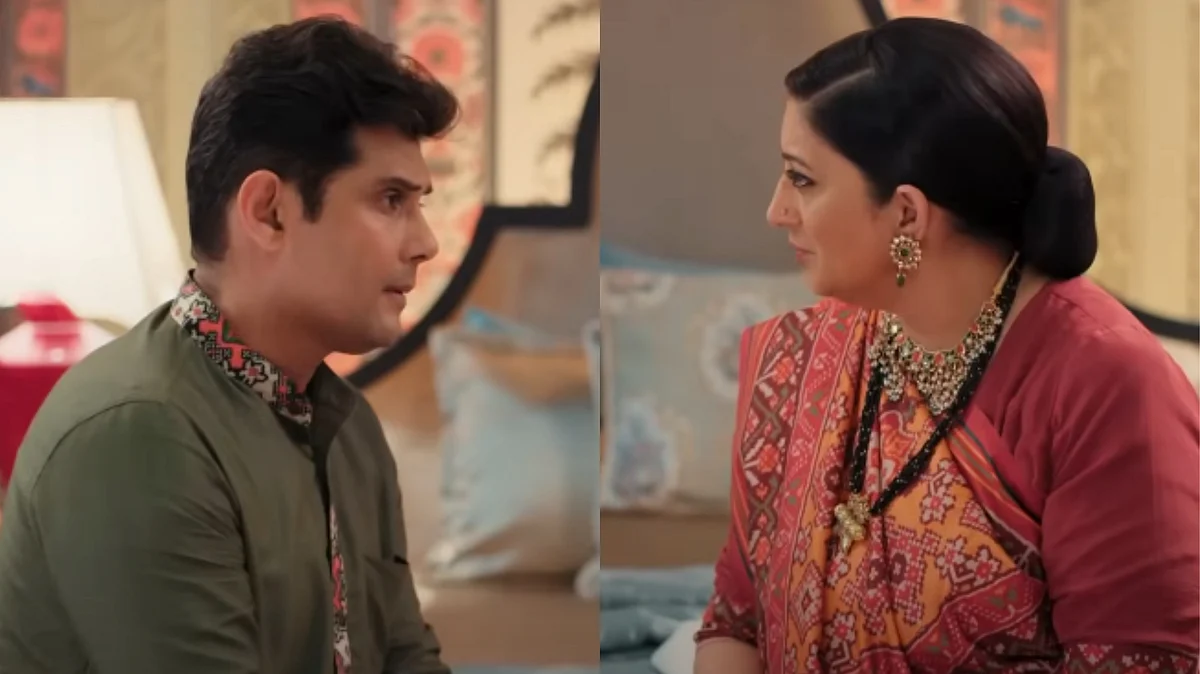Meiyang Chang, actor, TV host, singer and a dentist, shot to fame with his participation in the singing reality show, Indian Idol, in 2006. Post that, he made the big switch and made Bollywood debut with the Shahid Kapoor-starrer Badmaash Company in 2009. The actor, who appeared in hit films like Detective Byomkesh Bakshy, Sultan and Bharat, is currently seen in the web series, the war drama 1962: The War In The Hills. Directed by Mahesh Manjrekar, the series, streaming on Disney+Hotstar, also features Sumeet Vyas and Abhay Deol. In an interaction with the Cinema Journal, Meiyang talks about playing a Chinese Army Major in the series, which focuses on the China-Indian war of 1962. Excerpts from the interview:
Tell us what prompted you to say yes to play Major Lin in 1962: The War In The Hills?
I was called for the web series back in 2019. The only condition put forth was that I had to learn Mandarin, the official dialect of China. Besides this, what also excited me was that I could finally be part of a war drama as I always wanted to be part of one. Although I’ve got close to doing a war film, I have not done a typical one yet and this seemed to be my golden opportunity.
Considering the present political scenario and Indo-China relations, didn’t signing up for this character intimidate you?
As an actor, I have no qualms playing Major Lin. Although, initially, when I read the script, I didn’t want to play a villain. Generally, villains in such dramatic war films are portrayed as cruel and heartless. However, Major Lin is an interesting character who has moral grounds intact. His humanity is other reason why I said yes to the series.
We shot this series before the Covid-19 pandemic broke out, so we had no idea about the present Indo-China political situation. My answer might have been different if the year was 2020.
How has your journey been so far?
When I was cast in Badmaash Company (2010), I was simply grateful to everyone for giving me the opportunity. I was a dentist and acting in films was like taking a complete U-turn in my life. I admit Indian Idol gave me a breakthrough and got me under the limelight, but being in films was a big step forward. Since then, there was no looking back.
What’s your take on stereotypes in Bollywood?
I admit that there are stereotypes in Bollywood and they have existed for ages. For example, certain characters are always portrayed in a certain way — like South Indians are always typecast, Punjabis are always fun and have tongue-in-cheek humour, and Nepalis are always servants at rich houses. Being a third generation Indian-Chinese didn’t spare me from being typecast too, but I must say that things are changing with the advent of the OTT. There is so much more I can do than just playing a Chinese man. I hope to get more opportunities and keep working by playing different roles.
What next after this?
I cannot speak about them right now. However, there are a couple of projects lined-up. I recently wrote a song and that should be out soon.










